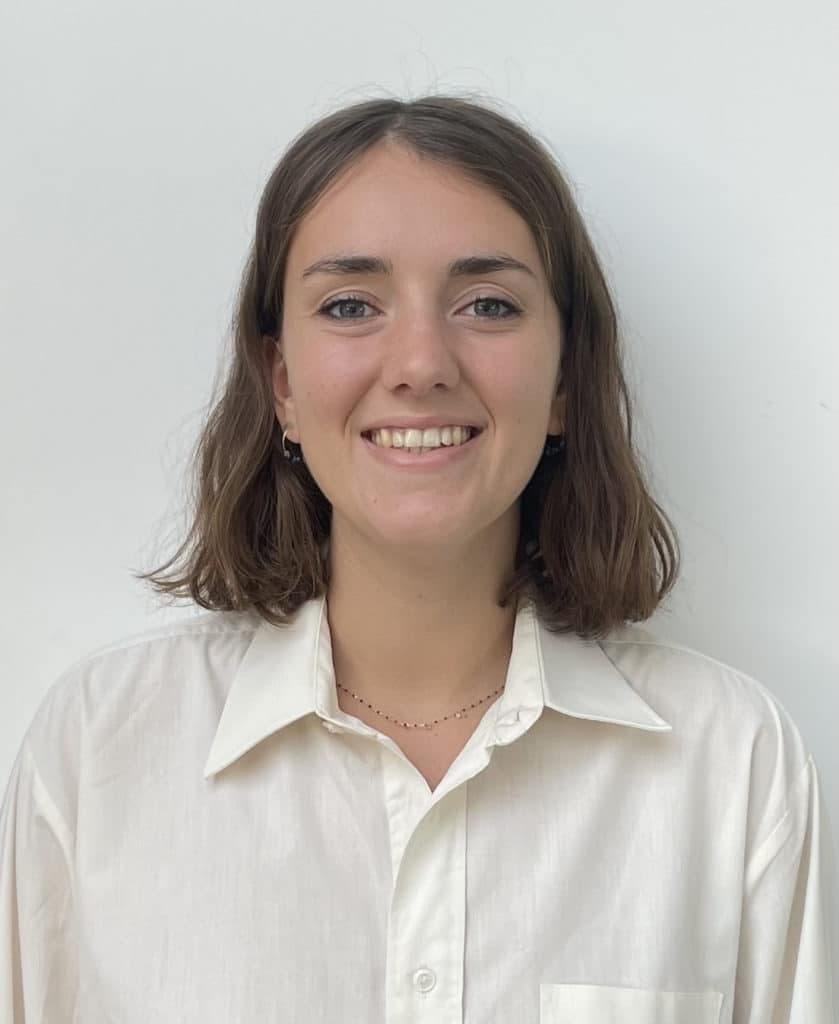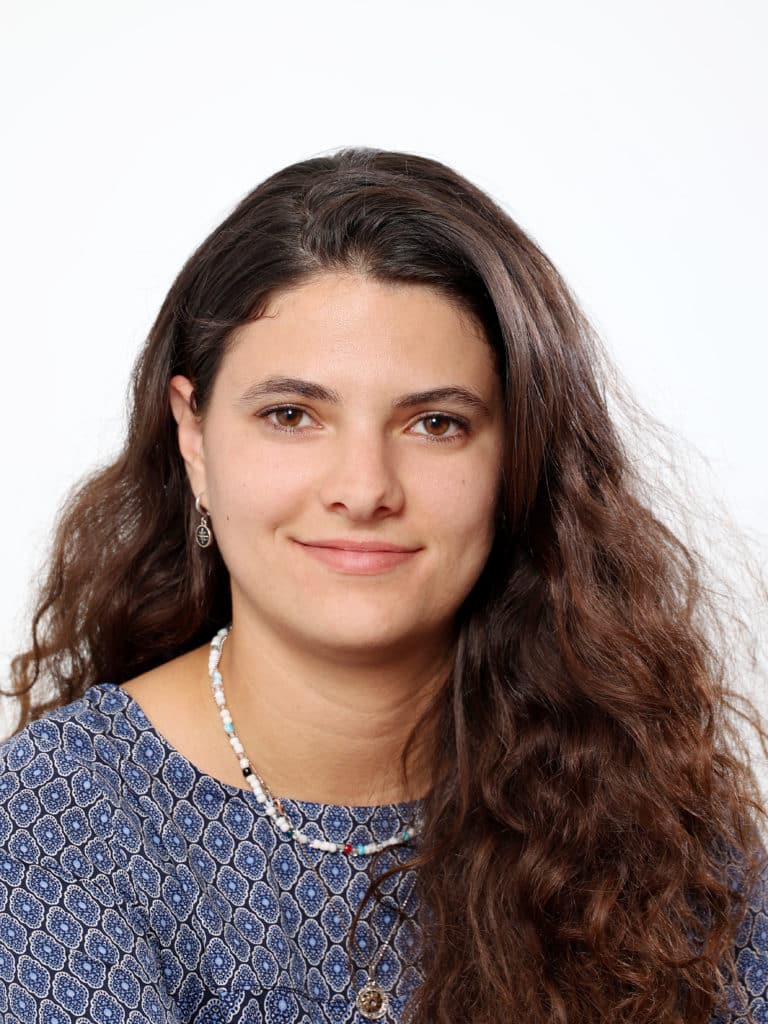Gérard Wolf is the Sustainable City “Federator” at the Ministry of Europe and Foreign Affairs, President of the Sustainable City Task Force at MEDEF International, and also a qualified personality within the Sustainable City by France Board.
SCbF – Could you tell us about the genesis of the role of Sustainable City Federator?
Since 2012, there has been a support system for exports structured around priority sectors (currently: agri-food, renewable energy, cultural and creative industries, health, and sustainable cities). This approach essentially involves a public-private partnership between the State and a personality from the public and private sectors appointed by the Minister of Europe and Foreign Affairs. This “Federator” has a triple role of advising, representing, and coordinating operations to promote French expertise in priority markets abroad. Since the second term of Emmanuel Macron’s presidency, several Federators have joined their respective ministries – such as the Ministry of Agriculture or the Ministry of Culture. The government wanted to strengthen its action in two truly priority sectors worldwide: health and cities.
Since 2016, I have been responsible for supporting the sustainable city sectors internationally. It is a sector where France has expertise and strong economic positions throughout the entire “value chain” of the city. My goal, as the Sustainable City Federator, is to bring together decision-makers from diverse backgrounds – including operators (companies of all sizes wishing to expand internationally), all the actors of Team France Export (Bpifrance, Business France, Sustainable City by France, Fnau, FMDV, etc.), funders, and representatives of France in international bodies. For example, to bring them together, I have supported the creation of local “sustainable city” clubs in some countries at a decentralized level (currently about fifteen clubs). All these actors have priorities and geographic areas of intervention that may differ, but they share a common DNA: the desire to promote the French sustainable city sector. Collaborating when the opportunity arises is generally a winning strategy internationally!
SCbF – How does the Sustainable City Task Force at MEDEF International and the Sustainable City by France ecosystem, in which you are a qualified personality, intersect?
The Sustainable City Task Force at MEDEF International, which I chair, brings together 420 companies of all sizes operating throughout the value chain (construction, transportation, sanitation, etc.). Its role is to offer French expertise on cities to foreign interlocutors. It positions itself as a tool for promoting the French vision of the sustainable city, particularly emphasizing one of its particularities: inclusivity (both environmental and economic and social). As for its four pillars of action, they are design and engineering, inclusive mobility, resilience of networks and services, and “know-how with.” This is reminiscent of the four pillars – sobriety, resilience, inclusion, and creativity – of Sustainable City by France!
The Sustainable City Federator’s central mission, as I mentioned, is to bring together the various decision-makers in the sector. As part of my mission, I have established an international steering committee (COPIL International), a place for exchange and strategic consultation between key players in the sustainable city sector. This includes, of course, operators who bring together companies, such as Business France or MEDEF, or who promote public-private synergies, such as Sustainable City by France.
Therefore, my “three roles” (Sustainable City Federator, President of the MEDEF International Task Force, and qualified personality of Sustainable City by France) overlap in many aspects, as demonstrated, for example, by my participation in the recent World Urban Forum in Katowice, Poland, from June 26 to 30, 2022, where I attended as the Federator, and where both the MEDEF International Task Force and Sustainable City by France were represented.
SCbF – What are your priorities for your mandate until 2024, and what perspectives do you identify for the international mission of Sustainable City by France?
When I was reappointed as the Sustainable City Federator this year, the mission letter I received was co-signed for the first time by Mr. Olivier Becht (Minister Delegate for Foreign Trade, Attractiveness and French Nationals Abroad) and Catherine Colonna (Minister of Europe and Foreign Affairs of France), which demonstrates the interest given to promoting the sustainable city sector by both ministers.
My missions will revolve around four priority geographical areas until the end of my mandate: Latin America (particularly Brazil), ASEAN countries, Africa, and Central Asia… without forgetting countries that need us, such as Lebanon or Ukraine, to continue the work on the participation of French companies in the restoration of essential services. However, the roadmap entrusted to me leaves room for imagination, and the directions to follow will be co-constructed with the members of the International Steering Committee.
As for Sustainable City by France, I am delighted with the efforts made from the beginning to structure international action around the four sectors (state, local authorities, private experts, and companies). The added value of the association lies in involving public decision-makers (the state and local authorities) alongside private actors on our international subjects and playing on complementarity and common synergies with other actors such as the PFVT (French Partnership for the City and Territories). In this regard, the association’s increased expertise in international matters has strengthened the French landscape of sustainable cities for export, and that’s great news! This young association already demonstrates its great usefulness domestically and in promoting our expertise abroad, thanks to the dynamism of its team!











